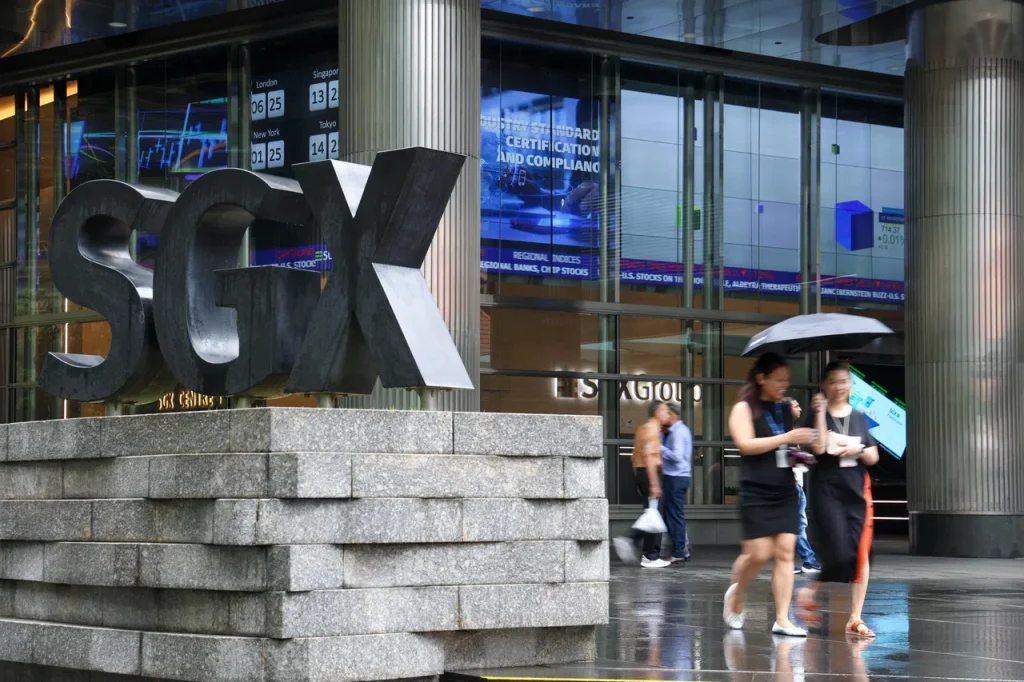[singapore] Private dining has taken off in Singapore, with many options at homes run by enterprising home cooks or even former chefs who want to run their own show.
Meanwhile, private markets are an asset class that has long been restricted to the fabulously wealthy, but access is slowly extending to affluent individuals and retail investors.
I reckon both share a few traits in common, apart from having “private” in their title.
As with private dining, private markets offer varied opportunities to invest in assets that are not traded on public exchanges. This could range from shares in a private company or its debt. Real estate and infrastructure are also options.
A NEWSLETTER FOR YOU

Friday, 2 pm
Lifestyle
Our picks of the latest dining, travel and leisure options to treat yourself.
In terms of gains, private markets offer the opportunity for outsized gains. Investors take a stake in the company, usually in a startup phase. When the company grows and does well, the early investor can exit and reap handsome gains.
When the markets are weak, there is less pressure to sell at a bargain price, and investors can wait until conditions and valuations have improved before exiting. Analysts say that the returns of these investments are uncorrelated with that of stocks and bonds, and hence can be seen as one way of diversifying risk.
Returns in the private markets can in fact trump that of public exchanges, although that depends on the time period in question.
These are the positive aspects of private dining and private markets. They offer an interesting alternative to what’s widely available and, on some counts, can be a better option to the existing fare.
But, more on the downsides. Both, in their way, may work out to be expensive options and less value for money than one might think.
In the illiquid world of private markets, the time horizon for such investments has to be a long-term one, with early exits usually resulting in a loss of capital.
In the near future, retail investors in Singapore may gain some access to such investments through funds, with public feedback being sought on a suitable framework.
One concern will be the level of transparency with regard to these private investments. They come with few statutory disclosure requirements, unlike investments in companies listed on a stock exchange.
Investors in private markets are more likely to have to rely on competent investment professionals to help them identify and manage such private investments. This is unlike investing in listed equities where there is much more information freely available to investors, allowing them to make the investing decision themselves.
In the private-markets case, hitch your horse to an inexperienced investment professional and you will indeed find yourself lumbered with a dud.
Likewise with private dining, there are information gaps. Home dining establishments come and go. There is no authority which imposes consistent standards on its members, in terms of food presentation, quality or hygiene.
Yet another downside is one of cost. While private dining offers luxurious fare, its pricing can seldom compete with a restaurant and its economies of scale.
Don’t get me wrong. Both private dining and private markets have much to recommend them and may yield far more in terms of delight than conventional offerings. Notwithstanding, both should be approached with caution, and perhaps only by those with deep pockets.


